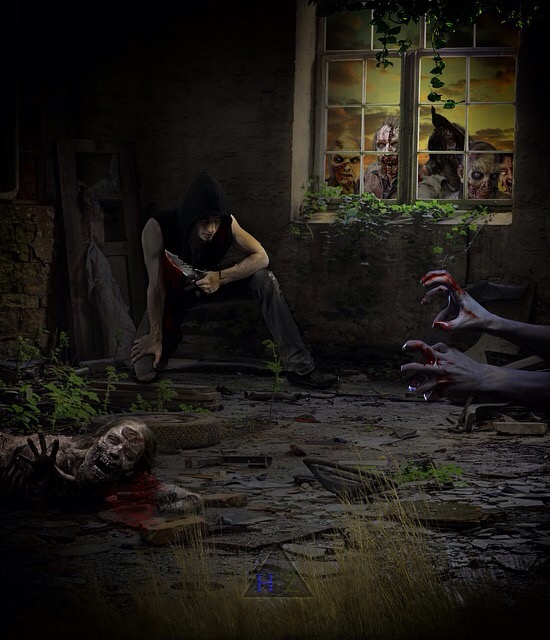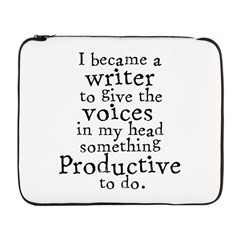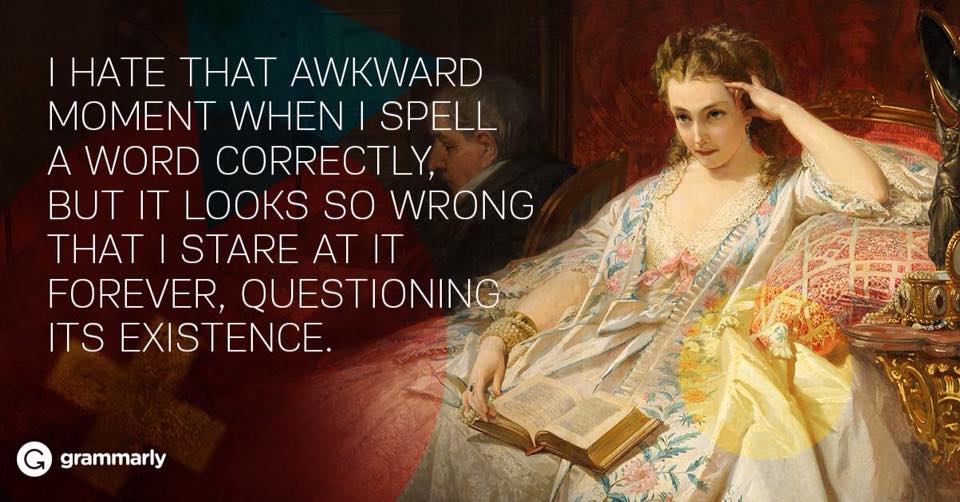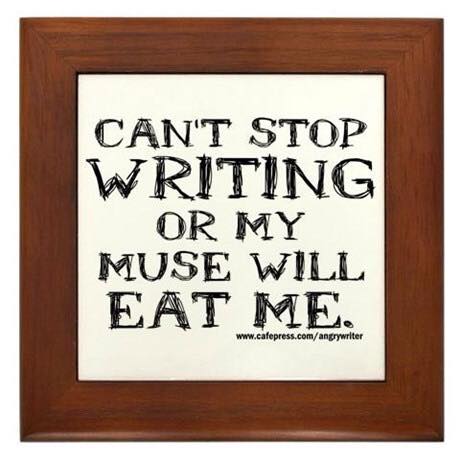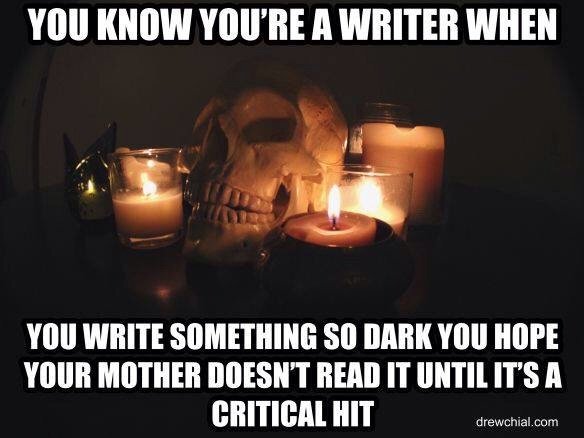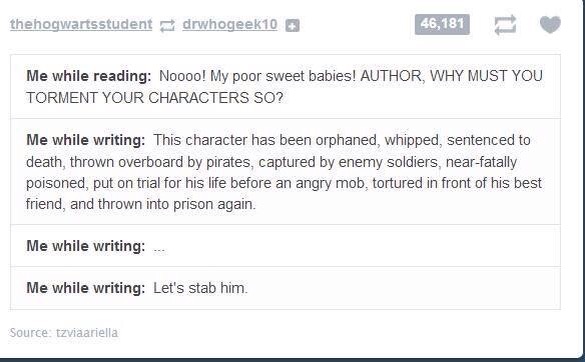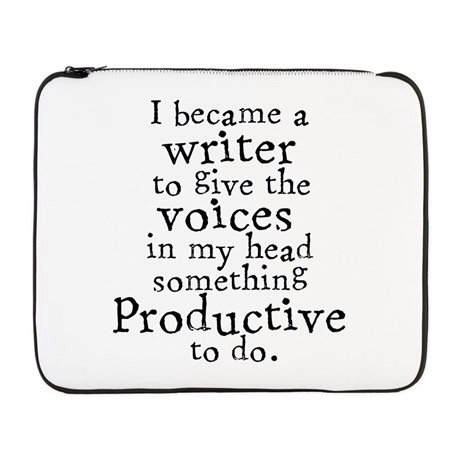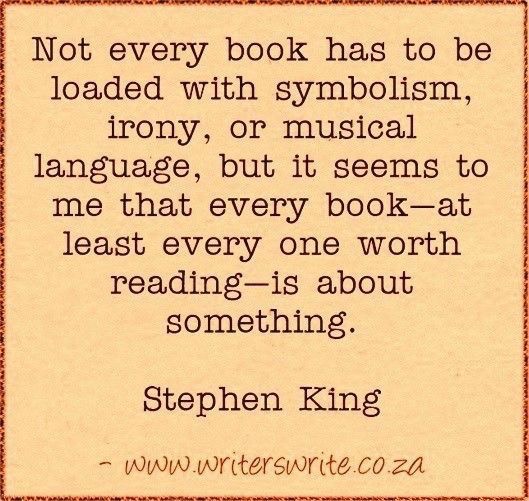Here are some of the best writing articles that have crossed my WordPress and social media feeds this week, gathered in one place for your convenience. Enjoy and happy writing 🙂
How to Deepen Your Worldbuilding by Cecilia Lewis
“Setting and worldbuilding are critical aspects of your novel. Having a vivid setting can pull readers into your story and bring it to life, and unique worldbuilding is often what sets a book apart.”
Read Here: http://ryanlanz.com/2016/02/04/how-to-deepen-your-worldbuilding/
Being God 101 – The Basics of Worldbuilding by Alex Limberg
“Admit it, you want to be a god.
You despotic, power-hungry person, you need your own little space where everybody (and everything) bends to your rules, and you need to get your way.
Why else would you write fiction?
Ok, maybe you have other, more noble motives as well. Nevermind, sorry for prematurely accusing you (maybe).”
Read the Full Article: https://warriorwriters.wordpress.com/2016/02/01/being-god-101-the-basics-of-world-building/
20 Tips for Writing a Captivating Short Story Part 1 by Mindy Halleck
“Today, as I edit, trim, cut, and otherwise obliterate a short story I wrote that ended up to be 8,000 words, but needs to be 5,000 words, I am reminded of this quote:
“Not that the story need be long, but it will take a long while to make it short.” -Henry David Thoreau”
Read More Here: http://ryanlanz.com/2016/01/29/20-tips-for-writing-a-captivating-short-story-part-1/
20 Tips for Writing a Captivating Short Story Part 2 by Mindy Halleck
“Continued from Part 1”
Read Here: http://ryanlanz.com/2016/02/01/20-tips-for-writing-a-captivating-short-story-part-2/

Via K M Weiland http://www.helpingwritersbecomeauthors.com/resources/infographics/
Building an Unforgettable Character by Kris Noel
“Character building is one of my favorite parts of writing a novel. I love seeing where they’re going to take me and where their journey is going to end up. Even though I plot extensively before starting a new novel, I always leave room for the characters to lead me somewhere new.”
Read Here: http://krisnoel.com/post/138754008929/building-an-unforgettable-character
Character Development and Plot Structure Guest Post by Michael Dellert
“Compelling fiction is about what your character wants, how your character goes about getting that thing, and what your character does when she/he realizes that what they want is entirely different from what they need.”
Read More: http://danalatorre.com/2016/02/05/character-development-and-plot-structure-guest-post-by-author-michael-dellert/
Anatomy of an Action Scene – The Advantages of Present Tense by Bart Bishop
“Action is hard to write. What works so well on the screen, with the full visceral impact of celluloid, can appear rote and stagnant on the page. Imagine a sword fight in prose. Do you describe every parry and thrust? And if so, at what point does it devolve into the equivalent of a VCR user manual?”
Read Here: https://litreactor.com/columns/anatomy-of-an-action-scene-the-advantages-of-present-tense
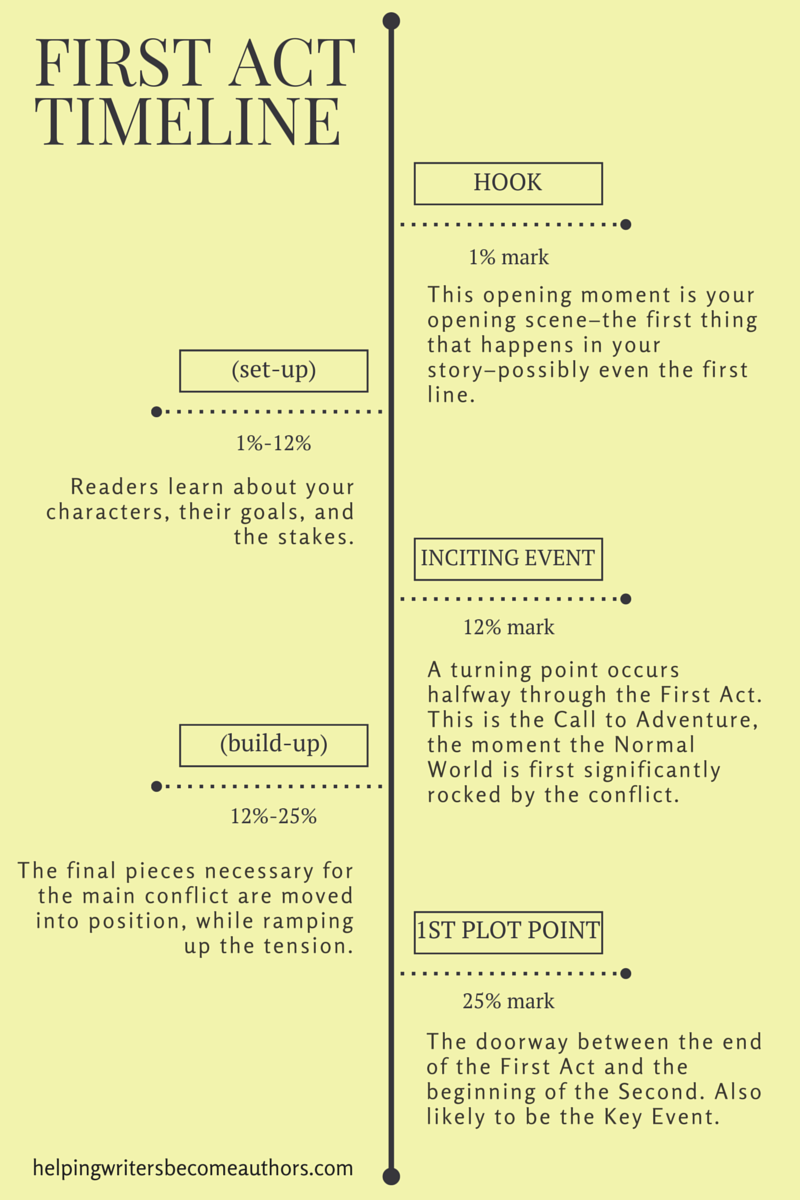
Via K M Weiland http://www.helpingwritersbecomeauthors.com/resources/infographics/
How to take the Guesswork out of what Scenes to put in Your First Act by K M Weiland
“Writing the First Act in a story used to terrify me. It felt like walking a tightrope. Blindfolded. In the dark.”
Read the Full Article: https://www.helpingwritersbecomeauthors.com/how-to-take-the-guesswork-out-of-what-scenes-to-put-in-your-first-act/
Writing Tip: What’s The Rush by David Farland
“I see a lot of trends in today’s literature. Perhaps the biggest one is that every writer seems to be in a rush. Many new writers try to keep the pacing blazing hot. They’ve heard that in today’s world, kids are trained to think in “sound bites,” and anything longer than a television commercial bores them.
As a result, writers try to keep their description stark, the narration nonexistent, and the action heavy. They write rapid-fire dialog.
Unfortunately, their stories become a blur. They never really come alive.”
Read More: http://davidfarland.tumblr.com/post/138555499640/writing-tip-whats-the-rush
7 Choices That Affect A Writer’s Style by Amanda Patterson
“Style, in its broadest sense, is a specific way in which we create, perform, or do something. Style in literature is the way an author uses words to tell a story.”
Read Here: http://writerswrite.co.za/what-is-your-literary-style
I hope you find these articles helpful. Wishing you all the best on your writing adventures. ~ Flynn
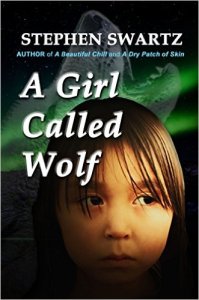 The book I am currently reading is a contemporary novel, “A Girl Called Wolf” by Stephen Swartz. In the opening chapters, Swartz’s Greenland has a harsh, ethereal quality. The environment is shown as unearthly, beautiful, and deadly, as are the people. The story of his protagonist Anuka (later called Anna) and her early life stands out sharply against the nearly cinematic backdrop, yet Swartz shows it with an economy of words.
The book I am currently reading is a contemporary novel, “A Girl Called Wolf” by Stephen Swartz. In the opening chapters, Swartz’s Greenland has a harsh, ethereal quality. The environment is shown as unearthly, beautiful, and deadly, as are the people. The story of his protagonist Anuka (later called Anna) and her early life stands out sharply against the nearly cinematic backdrop, yet Swartz shows it with an economy of words.




